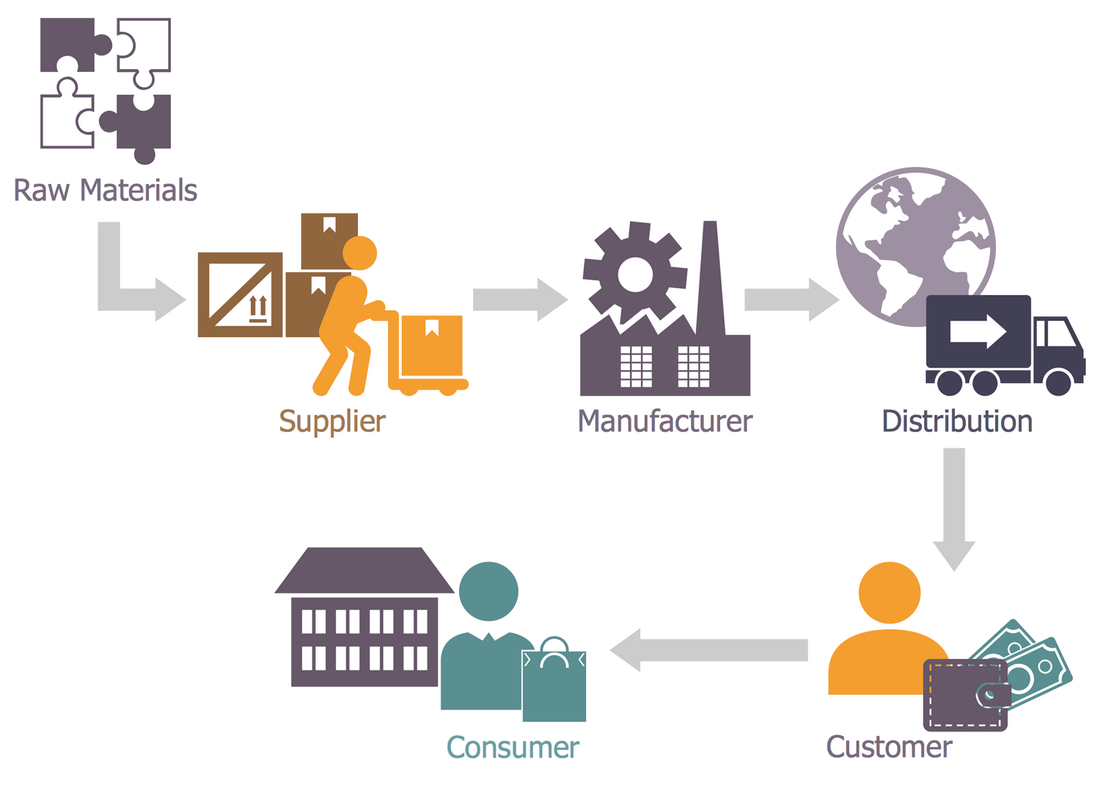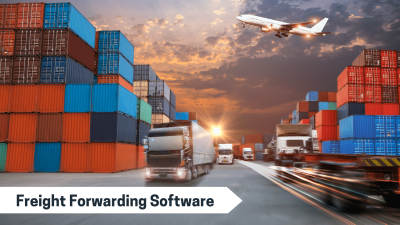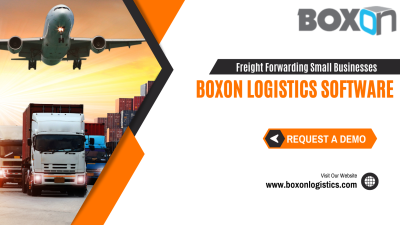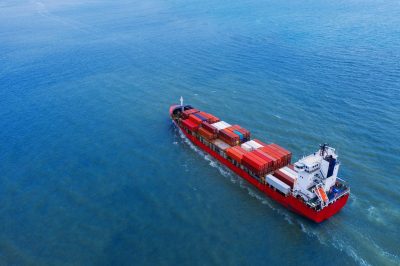Managing Logistics is one of the greatest challenges faced by any e-commerce business. As e-commerce is growing, the logistics industry is witnessing transformations and executing technological support, and getting software like logistics software, to cope with such high demands.
For instance, now customers can easily track their packages from the date of dispatch from the warehouse or manufacturer till their’ delivery at the customers’ address. The task of delivering packages (shipments) becomes even tougher during weather disruption like the rainy season or when substantial areas are out of reach due to natural disasters.
Retailers used to source goods from manufacturers or distributors, before the arrival of the e-commerce industry. And today when we have a plethora of online shopping stores, the mediators don’t exist anymore, resulting in direct deals between the supplier and customer.
And with these mediators removed, shipping of packages has become a necessary part of the supply chain management and came out as a highly specialized service with the majority of them being managed by logistics businesses and companies.
How Does the Logistics Business Work?
Before diving into the tasks performed in the logistics business, let’s find out what is logistics?
Basically, logistics is an amalgamation of several procedures like inventory management, packaging, warehousing, labeling, billing, payment collection, shipping, return, and exchange. The mixture of all these tasks turns into a critical task, that requires good planning and strategy to execute.
In addition, logistics requires extensive knowledge about territories, regulations regarding the movement of goods, roads and road conditions, and transport laws. The main purpose of making a logistics unit is to deliver packages or boxes in a much faster, safer, and more accurate manner possible.
The Logistics Company Functions in Two Directions
- Forward Direction: Distribution and delivery of goods to customers.
- Reverse Direction: Exchanging or replacement of damaged, unwanted or wrong shipments.
And both of these processes become easier if the logistics are properly managed and controlled by the logistics company.
Works in the Forward Direction Includes:
- Receiving the order from an e-commerce store
- Providing a payment option
- Preparing inventory
- Packaging of the item
- Preparing its invoice
- Dispatching the order
As mentioned above, logistics in the forward direction includes steps, such as receiving an online order, arranging for the item, packaging, preparing its invoice, arranging the payment, dispatching, and delivering the item to the customer’s doorstep. Though the time between receiving the order and its distribution depends totally on the availability of the material and the location of the customer. For different locations, there are different delivery charges. Also, you can manage all of this with the help of various logistics management systems.
From the time of dispatch until delivery of the package, it is the responsibility of the logistic company to notify the location of a shipment to its respective customer through tracking SMS or email notifications.
Payment collection is a necessary part of any business owner. So, there are various payment options available to customers.
Works in the Reverse Direction Includes:
Despite the best efforts, there are still some chances of incorrect or damaged shipments. In situations like these, efficient reverse logistics works wonders. As it is the responsibility of logistics to take back the wrong or damaged package or item and replace it with proper order as per the satisfaction of the customer within a reasonable time. Not to mention, a hassle-free process of exchange or replacement goes a long way in building the loyalty of the customers for the logistics business.
Interpersonal Relationship
Customer relationship is crucial for every business, be it logistics or online retail business. This relationship is first made by delivery people, who represent the logistics or e-commerce company to customers. So, delivery people should always be well-behaved and patient with customers. And attention must be paid to customers’ complaints.
Hopefully, you’ll find this blog helpful, especially if you work in an e-commerce or logistics company.
Rely on customized BoxOn Logistics Software, so you can achieve your business goals. To Schedule a FREE DEMO, please contact our logistics experts here.






COMMENTS
I like that you talked about how logistics requires extensive knowledge about territories, regulations regarding the movement of goods, roads and road conditions, and transport laws. I was listening to an audiobook while cleaning my room yesterday and I learned a little bit about the process of logistics. So from what I’ve learned, it seems a lot of businesses actually use trucking transportation services now, which sounds pretty convenient.